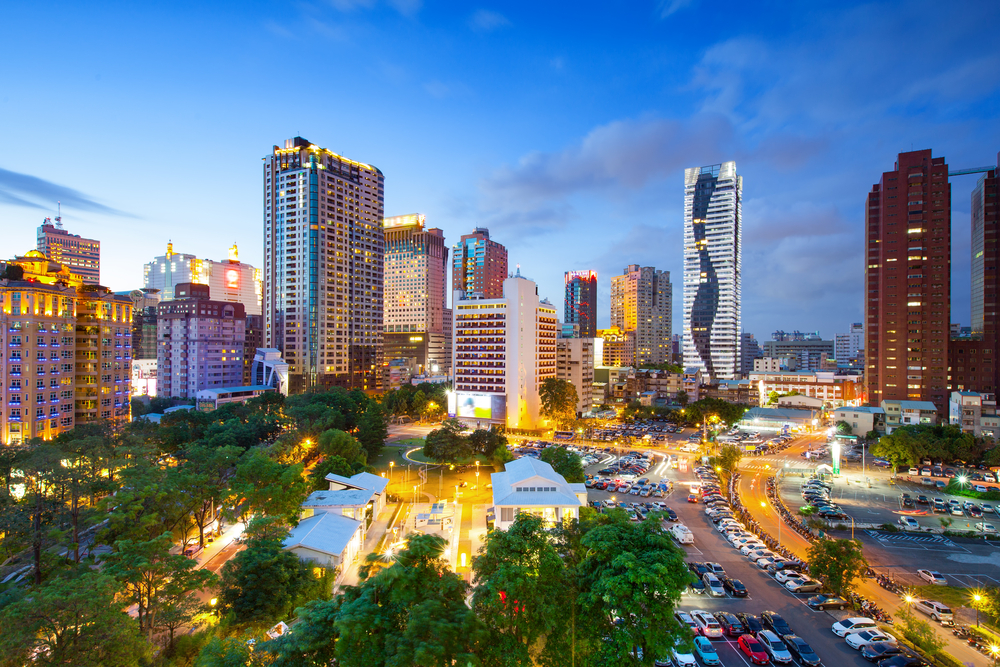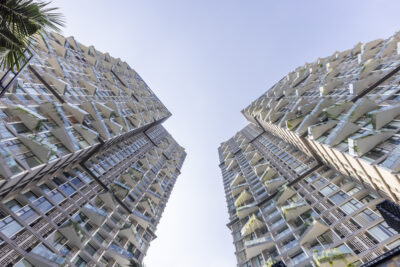Asia Pacific real estate markets inclined for recovery post 2020
Property markets end on a high note after the COVID-19 hit

Colliers International, leading diversified professional services and investment management firm, recently issued its Asia Pacific Market Snapshot Q4 2020 report, unveiling that property markets are expected to continue recovering as the region’s economies bounce back.
The report analyses the last quarter’s real estate market performance in 19 Asia Pacific markets, as well as provides projections for the current and upcoming quarters. In the office sector, China, Australia, Singapore, and Korea experienced remarkable pick up in investor interest, while the logistics sector rebounded in nations like Japan and Vietnam.
Terence Tang, the managing director of capital markets & investment services Asia at Colliers International, said, “investor confidence in the region grew in Q4, boding well for the market’s prospects in 2021. Markets like Vietnam and Taiwan continue to reap the benefits of their success in limiting the effects of COVID-19. As more markets see employees return to their workplaces in the coming months following extended lockdowns, we expect a resurgence in the office segment, while the ongoing growth of e-commerce will drive demand for logistics assets. Overall, we expect the upward momentum to continue as investors prepare to make the most of an improving business environment.”
The Australian economy has strengthened its recovery, as local governments are encouraged to spend, lifting market sentiment. Cities like Sydney, Brisbane, and Melbourne can expect increased investment in the office sector as employees start returning to the workplace. New Zealand is performing better, as border restrictions continue to relax, and competition intensifies from low-interest rates and limited supply.
More: Emerging trends in Asia Pacific’s real estate industry 2021
Government incentives for the development of business parks and industrial space have fuelled demand across Western and Southern China. Key markets like Beijing are believed to provide opportunities for investors as business park supply and new Grade A offices are predicted to peak in 2021.
Japan’s logistics segment has boomed due to the global e-commerce craze. Rents are assumed to increase across Japan, particularly in areas located near metro regions.
The biggest office acquisition in 2020 in Seoul was the Parc1 Tower II purchase by Singapore-based ARA Asset Management for KRW1 trillion (USD900 million). Buildings that produce steady rental income will proceed to be searched for.
Singapore’s office sector surpassed in Q4 with SGD14.04 billion (USD10.25 billion) in total transaction volume, which mainly summed from the merger between CapitaLand Mall Trust and CapitaLand Commercial Trust. The residential and retail sectors saw higher activity levels, and with Singapore’s borders to reopen soon, 2021 should present local and foreign interest.
The Hong Kong government scrapped the Double Stamp Duty (DSD) on commercial property transactions in November 2020. The move almost doubled the number of office transactions over Q4, while retail sectors surged by 187 percent.
Recommended
Hanoi’s air pollution crisis: Balancing urban growth with environmental sustainability
Hanoi’s worsening annual toxic smog is highlighting the pressures of balancing sustainability with rapid economic growth
U.S. tariffs pose challenges to china’s housing market amid economic slowdown
Escalating US tariffs are expected to strain China’s slowing economic growth and dampen buyer confidence, creating trouble for the country’s housing market
Dewan Architects’ Mohammed Adib leads with human-centred design and technological innovation in the Middle East and beyond
Mohammed Adib channels his childhood curiosity and dislike for design uniformity into his work at Dewan Architects + Engineers
UAE real estate shifts focus to sustainability and quality, revitalising iconic projects
The UAE has risen from its challenges to emerge as a more sustainable, quality-focused destination






